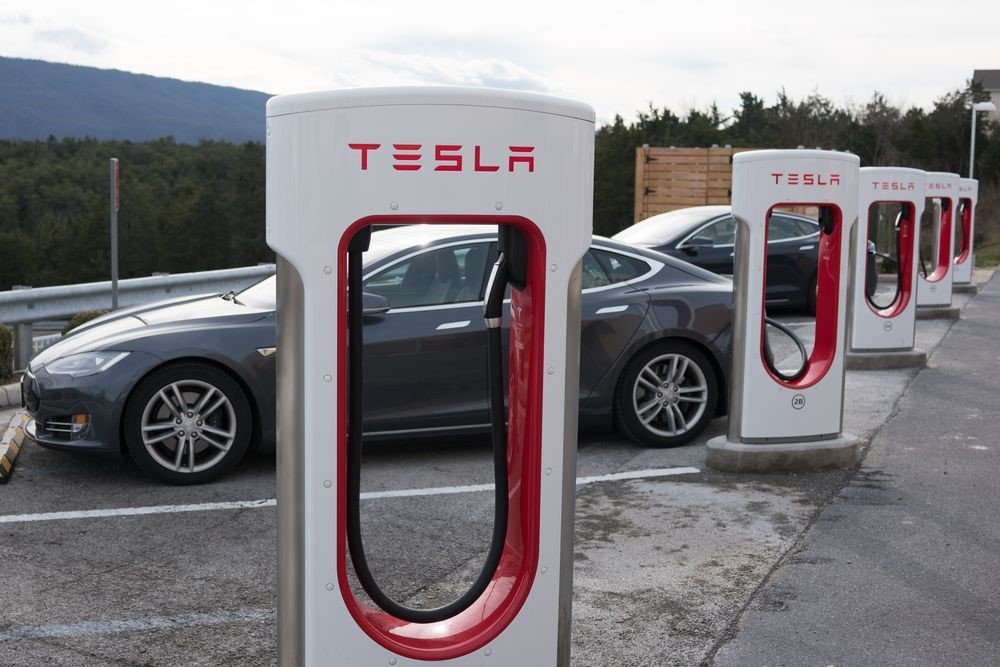Popular Stories
YOU MIGHT BE INTERESTED IN
New Study Claims Electric Vehicles Have Higher Emissions Than Diesel Cars
by Kshitij Rawat |
16/10/2019
The study by Germany’s IFO Institute claims that’s a Tesla Model 3 electric car releases more carbon dioxide than a Mercedes Benz C220d diesel car. The study has invited dividing opinions from a lot of sources. Read about the full story here.













 Follow us on google news
Follow us on google news
